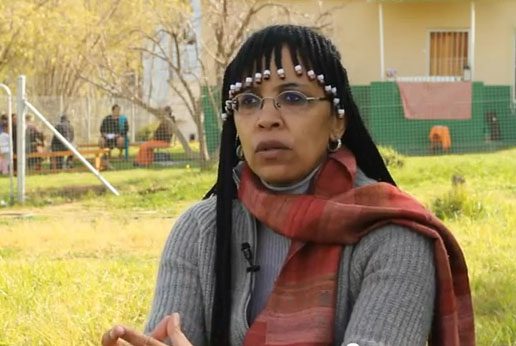Almost one billion people on our planet go to bed hungry every night. That’s close to one in every seven people, all around the world – but why does so much hunger exist in a world where others have plenty?
The reasons may not be what you think.
World hunger is not caused by a shortage of food globally: meeting the calorie needs of those one billion people would require just 1% of the current global food supply. In industrialised countries, consumers and retailers throw away about a third of all food that is produced.
World hunger is not caused by misplaced food production: 80% of the one billion hungry people in the world are involved in some form of agriculture. They are surrounded by the means to produce food, but they miss out.
World hunger is not caused by undersized agriculture: 500 million small farms in developing countries already provide food and livelihoods to almost 2 billion people. Large industrialised farms have a role to play, but smallholder agriculture offers the greatest potential to increase yields sustainably.
It’s a complicated problem, but some of the solutions are very simple.
In many developing countries, up to 60% of all small-scale farmers are women, despite having less access to land, markets, and credit. They are forced to use out-of-date methods and basic tools through a lack of support from governments and the private sector.
When they do reach beyond subsistence farming and produce excess food, due to lack of basic storage and refrigeration they are unable to capitalise by selling it forward. At least one third of all their food perishes before reaching markets.
To GROW a better future, we must invest in the resilience and sustainability of small-scale farmers and producers – especially women. By providing women with equal access to farming resources, the number of hungry people in the world could drop by up to 150 million.
Join Oxfam for Challenging the Hunger Myths: Land Is Life, a public conversation with inspiring small-scale women farmers from South Africa, to find out how they are overcoming a multitude of challenges to feed their communities. The Melbourne event will be held on Thursday 7 June from 6 – 7.30pm in the Supper Room at the Melbourne Town Hall, and will feature Gertruida Baartman, Chair of the Agridynamic Co-Operative from South Africa.
The Women on Farms Project, an Oxfam partner from South Africa, shows that supporting women in small-scale agriculture can provide a better future for hungry communities. With access to land, tools and financial support, Gertruida Baartman and other members of the co-operative have been able to produce more food, both to feed their families and to sell at markets to generate income which can help immeasurably to support their families.
“I am honoured and humbled by the experiences afford me by Women On Farms project, who have guided me in many areas of growth,” says Gertruida. “Now I can be an agent of change in myself, as well as in my community.”
This event will also be live streamed online on the night.
Speakers at Challenging the Hunger Myths: Land Is Life include Colette Solomon (Deputy Director of Women on Farms Project), Gertruida Baartman (Chair of the Agridynamic Co-Operative) and Andrew Hewett (Oxfam Australia’s Executive Director).
Jarrod Strauch is an intern with Oxfam Australia



